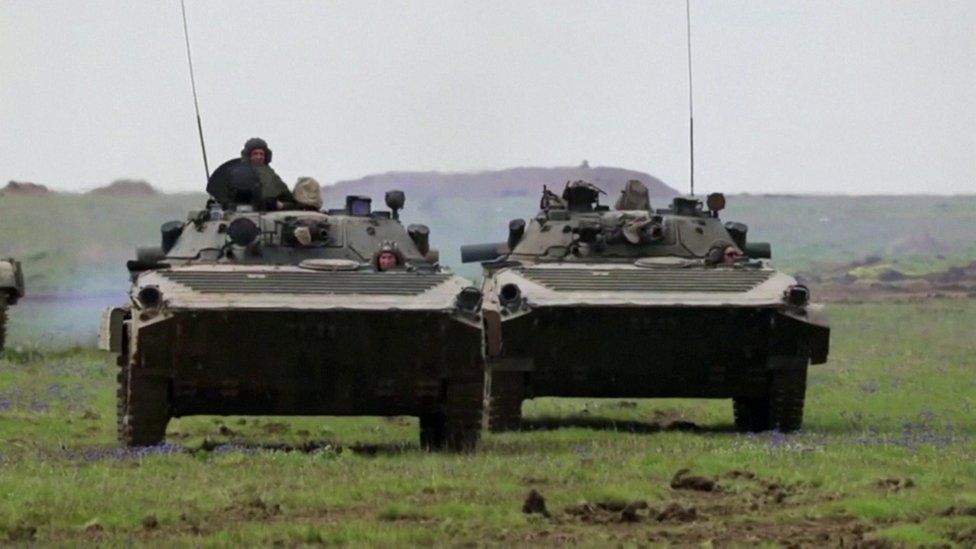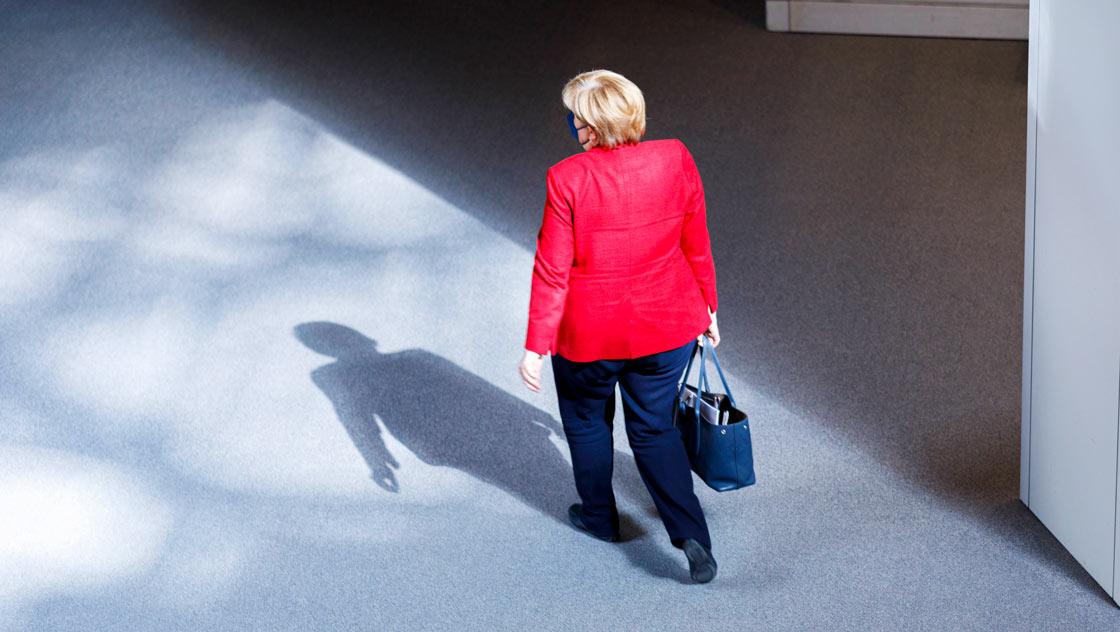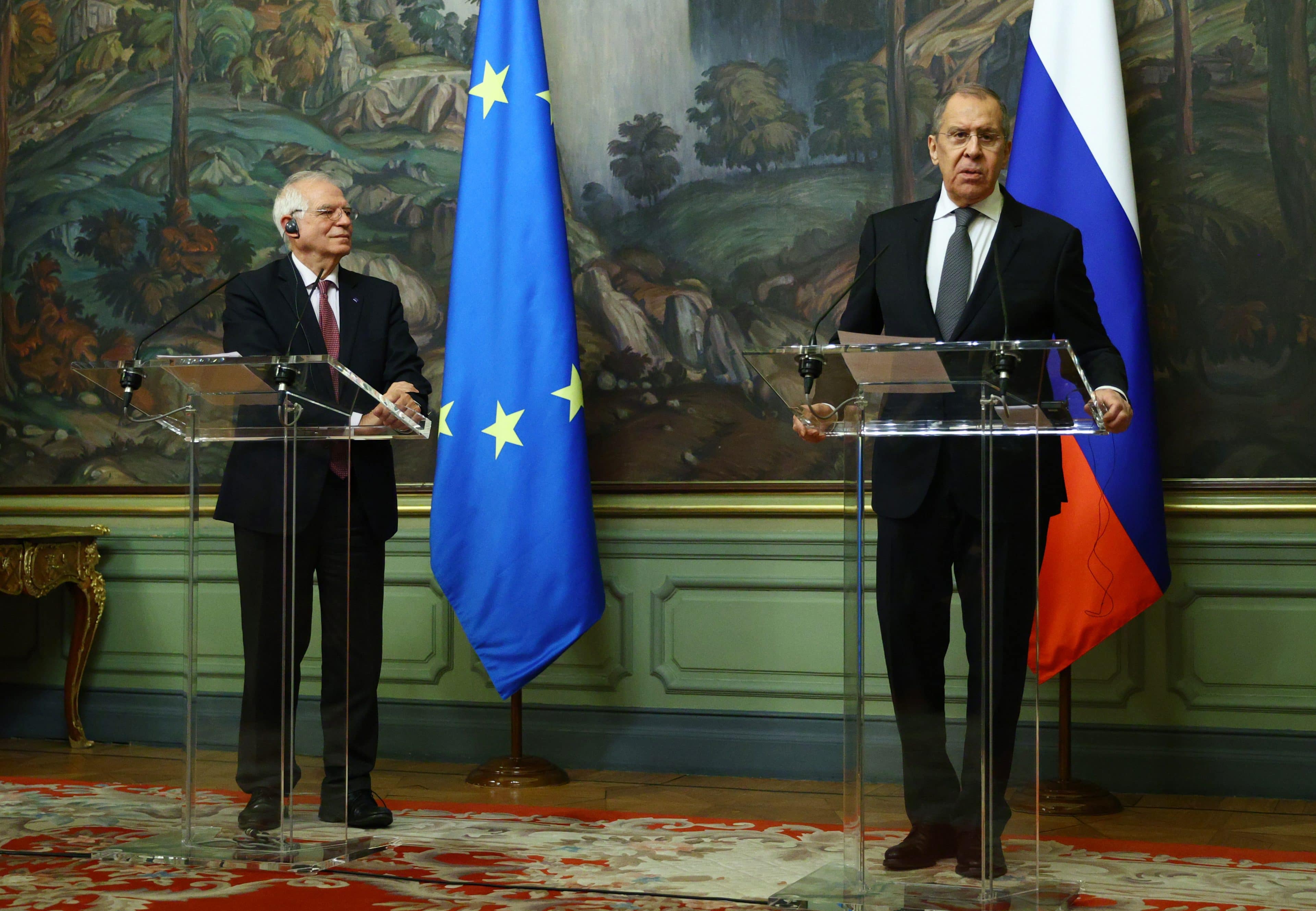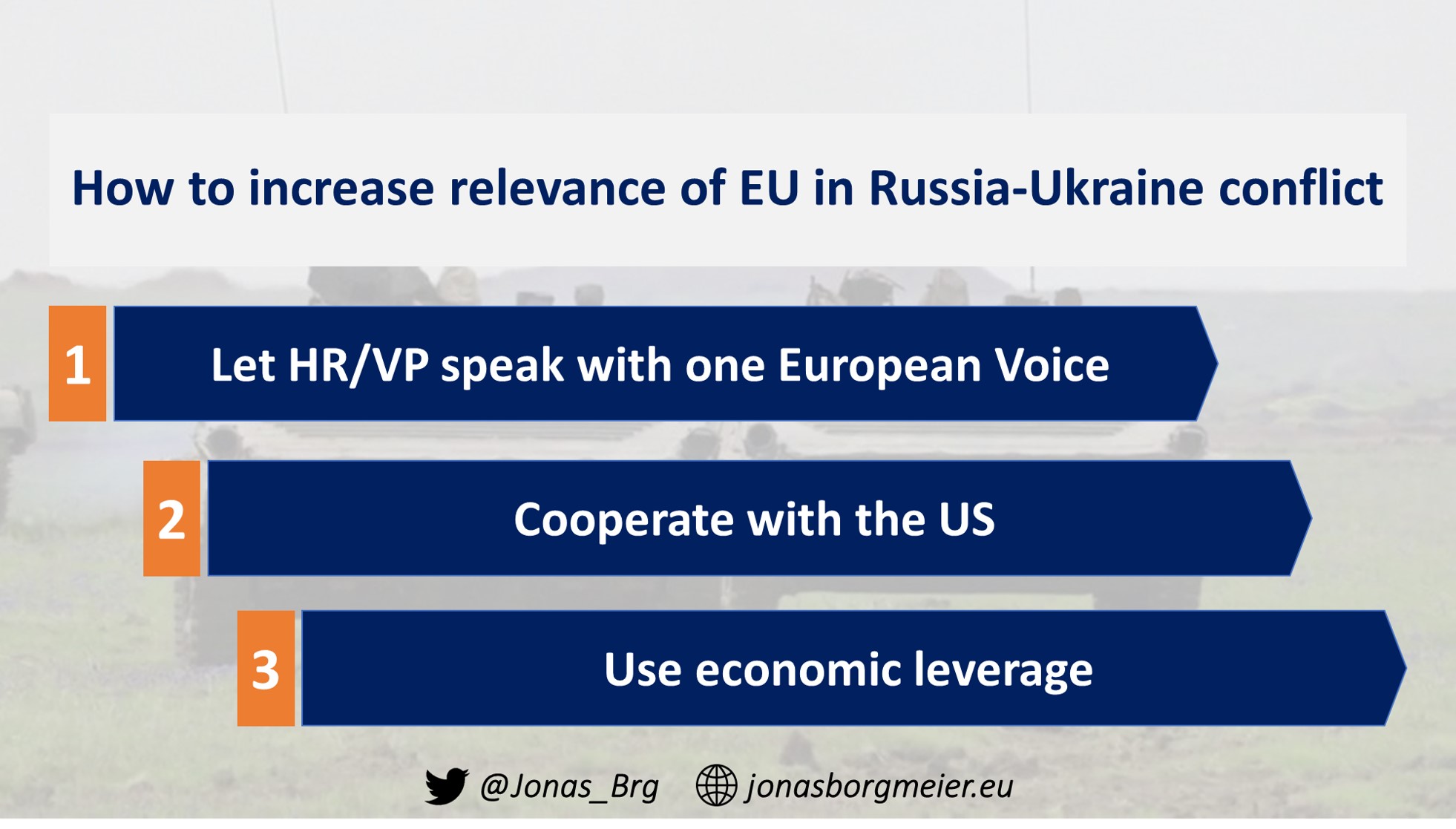Russia and the US negotiate the fate of Ukraine - where is the EU?
Starting into the year of 2022, the Russia-Ukraine conflict has been unfrozen and Russia has summoned more than 100k troops in the bordering region to Ukraine. Russian President Putin is actively contributing to the escalation spiral and partly succeeded by making it a bilateral issue between the US and Russia while degrading the role of European actors at the same time.

This is surely not a coincidence but follows the rationale of refusing to accept the EU as an independent actor representing its 27 member states. With regard to the current crisis, the Normandy Format, bringing together Russia and Ukraine as well as Germany and France, has been a forum for political exchange. However, it seems like that it decreased in relevance in the past month and it is arguably unlikely that it gains more traction in the upcoming weeks after German chancellor Angela Merkel left office. She often took a mediating role in Russia-related conflict and left a “Merkel-vacuum”.

Hence, this could be an opportunity for the EU to step up and to develop its role as a legitimate representative of its member states including Germany and France. It could use the momentum being generated by the change in German government which openly states that it plans to conduct a more European foreign policy.
In reality, however, the EU’s High Representative and Vice-President for foreign affairs and security policy (HR/VP) Borrell has to ask for involvement in the geopolitical negotiations between the US and Russia. In other words, there are no more European actors debating the future of the continent.
While this is unacceptable for European countries, there has been no clear strategy of how to become a decisive player in the conflict (again). In the following, I develop a 3-step approach to (re-)gain European leverage to engage in the geopolitical negotiations.
Firstly, the EU has to be strengthened as a legitimate actor speaking for European interests. The role of the HR/VP needs to be equipped with unquestionable support by the member states and substantial leverage for negotiations. A revival of the humiliating press conference with Russian foreign minister Lavrov who falsely accused the EU as an unreliable partner without being criticized for this by Borrell needs to be avoided.

For sure, Borrell was not having his best day as a diplomat but he was also sent to Moscow empty-handed. There was no strong mandate given by member states. Hence, European leaders need to agree on one common position towards Russia and provide the HR/VP with powerful arguments. More specifically, there cannot be any unilateral actions by member states contradicting the single European voice. Moreover, the controversial Nord Stream II pipeline needs to be put on the negotiation table. There should not be any start of operation financing Russian oligarchs while thousands of Russian troops threaten Ukraine at its border.
Secondly, European actors need to enhance their cooperation with the US. Showing its willingness to stand up for its interests the EU should approach the US to enlarge the number of negotiators. NATO should be avoided since it does not represent all EU member states and would also fit the Russian framing of a possible NATO enlargement being a threat. It should be focused on a neutral place for diplomatic negotiations.
Thirdly, the EU also needs to stand up for its interests independently. If Putin blackmails the West with an implicit threat of invading Ukraine, the EU should not shy away from tough sanctions which target high-level Russian actors. Stopping the launch of Nord Stream II should be the immediate response. It will surely shift Putin’s attention to the EU.

In summary, the EU once again needs to find a common position on Russia to develop credible leverage. 100k Russian troops at the Ukrainian border should be a wake-up call even for so-called “Russia-friendly” EU governments. In addition, the role of the EU HR/VP needs to be strengthened to fill the Merkel-vacuum. This is fundamental for representing European interests far beyond this conflict.
Thank you for investing your time in reading this post. If you have feedback, questions or concerns, feel free to reach out to me on twitter.